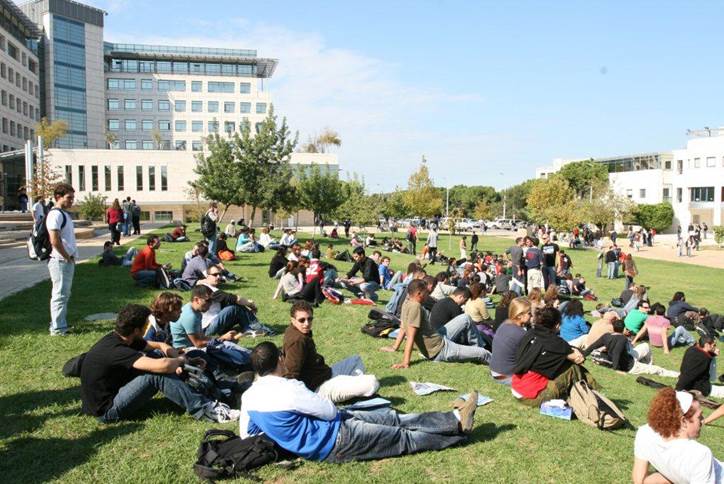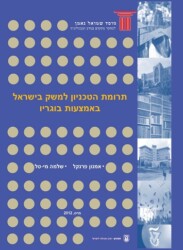This project documents the contribution of Technion faculty and graduates, to Israel and to humanity. It includes a Web-based survey of Technion graduates, to which over 4,000 alumni/ae responded. The results of the survey were analyzed and processed; we extrapolated the data to represent the population of all Technion graduates since the Technion was founded. The results indicate the very large weight of Technion grads in the economy and their contribution to innovation in Israel.
The extent of Technion faculty in high-tech industry is estimated at some 13,000 persons. They represent three-fourths of Technion graduates, and 14 per cent of all employees, in these industries. About a fourth of the graduates serve in senior management positions (CEO, VP), in the companies in which they work. Technion graduates make a unique and valuable contribution in the inception and development of startups in Israel. Some 18 per cent of graduates work, or once worked, in startups, a proportion that is three times the average proportion in the economy, which itself is higher than in most Western nations.
The value of the human capital created by Technion, since it was founded, based on our survey data, is estimated at a minimum of $35 b. The net present value of the addition to GDP, accruing to the 2010 Technion graduating class of 2,100 engineers and scientists, over their working lifetime, is estimated at between $1.76 b. and $2.97 b. This represents the net present value of the additional GDP productivity arising from the Technion studies of its graduates. Since the estimated cost of educating a graduating class of Technion engineers and scientists is about $1 b., the social rate of return on this investment is between 76 per cent and 197 per cent. These very high rates of return are confirmed by the results of similar studies done in other countries, on the return to investment in higher education.
A research report detailing the findings will be published as an S. Neaman Working Paper, in English and in Hebrew. In addition, a popular book, Technion Nation, meant for ordinary readers, is now being prepared and a first draft has been completed. The book will be published in English, and eventually in Hebrew, and includes gripping stories of Technion inventions, breakthroughs, startups and contributions. It will be published as part of the 100th anniversary celebrations, marking a century from the 1912 cornerstone laying for the original Technion building in Hadar.
Data from this research project were recently used in the proposal presented by Cornell and Technion, for establishment of NYCTech, a science and engineering campus in Manhattan. This proposal was chosen over other proposals by Mayor Michael Bloomberg and his team, and implementation has already begun.


